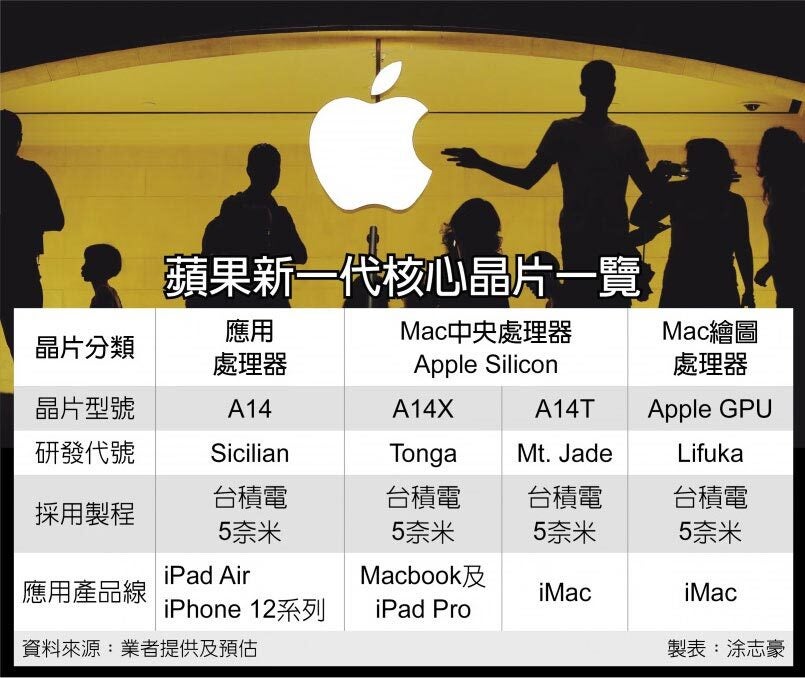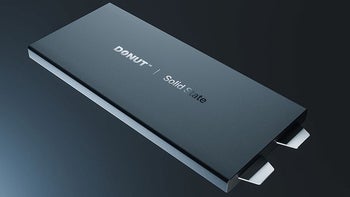Apple's A15 Bionic will reportedly be based on TSMC's N5P process

Although the iPhone 13 is a long time off, the first details about the handset have already started trickling in. China Times (translated here) has dished out some intel regarding the A15 Bionic chip that will supposedly power the 2021 iPhones.
Apple has apparently already started working on the A15 chipset, and it will reportedly enter mass production in the third quarter of 2021. The chip will reportedly be manufactured using Taiwan Semiconductor Manufacturing Company's (TSMC) N5P process.
N5P tech offers a 5 percent speed gain or a 10 percent reduction in power consumption when compared to N5
The A14 Bionic that underpins the iPhone 12 series is based on TSMC's first-generation 5nm fabrication process known as N5. Compared to the 7nm FinFET (N7) tech, N5 offers nearly 15 percent better performance or around 30 percent improved power efficiency.
The N5P node will be based on the current 5nm technology and per TSMC, it will provide around 20 percent speed improvement or 40 percent reduction in power when compared to the 7nm process.
The report also claims that TSMC's current 5nm process will also be used to make the A14X silicon for the next iPad Pro and a MacBook, as well as the A14T chip for an iMac. The successors to these processors will apparently be manufactured using the N5P process.

Benchmark scores suggest that the A14 Bionic is a significant improvement over iPhone 11's A13 Bionic which is based on TSMC's 2nd generation 7nm N7P process. In fact, one report even implies that Apple has underclocked the A14 on the iPhone 12, possibly to prevent overheating issues.
The iPhone 13 is almost confirmed to employ Qualcomm's Snapdragon X60 5G modem. The phone will most certainly have a 120Hz screen too.
Follow us on Google News













Things that are NOT allowed:
To help keep our community safe and free from spam, we apply temporary limits to newly created accounts: